
By Yasseen Taha and Hannah Allam | McClatchy NewspapersMonday, June 7, 2010
Last week, Iran even sent ground forces about a mile into Iraqi territory, a brief incursion that Kurdish officials said elicited not a word of protest from the Iran-friendly administration of Iraqi Prime Minister Nouri al Maliki, who like Iran’s rulers is a Shiite Muslim. Most Iraqi Kurds are Sunni Muslims.
“The breach of the Iranian troops on the borders of the Kurdistan region is a violation of the sovereignty of Iraq and international agreements,” Kawa Mahmoud, a spokesman for the Kurdistan Regional Government, said in a statement. “We call upon the federal government to resolve the case through diplomatic means.”
The latest Iranian strikes on the Iraqi mountainside redoubts of the Iranian Kurdish group known as the Free Life Party of Kurdistan put Kurdish officials in a bind.
In March 2009, the U.S. Treasury designated the Free Life Party of Kurdistan, which has carried out bombings and assassinations in Iran in pursuit of an autonomous Iranian Kurdish region similar to Iraqi Kurdistan, a terrorist organization.
Many Kurds, however, consider the group’s members “freedom fighters,” and while Kurdish officials don’t want to attack fellow Kurds or jeopardize their own close ties to Iran, they also must answer to their people for the rising civilian toll that Iran’s attacks are taking.
Kurdish anger boiled over with the death a week ago of 14-year-old Basoz Agha, a schoolgirl who was using her summer vacation to visit relatives in the mountain town of Raniya. An Iranian rocket exploded near her as she was making tea at the family’s farm, relatives said. The local press has used her story to illustrate the inaction of the regional and central governments in dealing with Iran.
“I cannot forget my daughter, whom the bombardment stole from my hands in the blink of an eye,” said Basoz’s father, Jabbar Agha. “We, the innocent and unarmed people, are the ones who are most damaged by the shelling, and the authorities don’t pay attention to anything but filling their pockets while we burn.”
Many displaced families and dissident politicians complain that Kurdish leaders have done nothing but blame the Baghdad government for failing to protect the border in the mostly autonomous region, even though doing so strains Arab-Kurd relations at a time of negotiations over forming the next Iraqi government.
“The regional government could have organized a demonstration or sponsored some activities in order to pressure Iran to stop the bombardment. Instead, they are leaning on the constitutional paragraph of leaving sovereignty issues to the government in Baghdad,” said Bayazid Hassan, who won a seat in the Iraqi parliament with Gorran, an opposition party that’s challenging the two main Kurdish political factions.
“The regional government is negligent in its duties toward the displaced victims of the Iranian bombardment,” Hassan said.
More than 300 families have fled since shelling began again last month, thousands of acres of farmland have been destroyed and this year’s honey supply is expected to be a bust because so many of the area’s storied beekeepers have fled, Kurdish community leaders and city officials said. The Red Crescent and other relief agencies are providing some food, tents and medical care to displaced families.
“The refugees come from villages on the slopes of the Qandil Mountains, and they’re suffering all sorts of hardships and tragedies,” said Jaafar Ali, a member of the Kurdish regional parliament who was part of a delegation to inspect the damage. “They’re living in the open with no water, no toilets and no health care.”
For years, neighboring Turkey also has conducted sporadic military operations in the area, in pursuit of a related Kurdish militant group, the Kurdistan Workers’ Party, which seeks an autonomous Kurdish region in southeastern Turkey and which the U.S. Treasury also has designated a terrorist organization.
Fighters from both groups aren’t allowed into Kurdish cities, and they mainly stick to their mountain hideouts. Kurdish militiamen will confiscate their weapons if they catch them, locals say, but mostly the authorities turn a blind eye to the activities of the two groups. Top Kurdish politicians call them “fighters” rather than “terrorists,” and the locals largely view them as defending Kurds from persecution in Iran and Turkey.
“If Iran intends to destroy our fighters by bombing Kurdish villages, then (we say) we are stronger and tougher than to surrender to artillery shelling,” said Ahmed Deniz, a spokesman for the Free Life Party of Kurdistan.
Maliki’s government, which is closely allied with Iran and Turkey, has summoned the top envoys of both nations and expressed “deep concern about the air and artillery attacks on the border areas in the Kurdistan region,” according to a statement released by the Iraqi Foreign Ministry. The statement went on to say that the bombings were inflicting a dangerous level of human and material losses, and that the powers should work in concert with Iraq to rout militants from the area.
Kurdish officials say the statement wasn’t strong enough, adding that the Iranian and Turkish forays are attacks on Iraqi sovereignty. Civil society groups gathered for a demonstration outside the Iranian consulate in the Kurdish regional capital of Irbil.
“The people find it odd that the federal government in Baghdad didn’t issue any official condemnation against this bombardment, despite the fact that the region is part of Iraq,” said Tariq Jawhar, a spokesman for Kurdistan’s parliament.
Kurdish clerics released a joint statement reminding Iran that Kurds were its close allies in the years of struggle against the late dictator Saddam Hussein, and they demanded an end to the shelling out of respect for fellow “brothers, Muslims and neighbors.”
(Taha is a McClatchy special correspondent. Allam reported from Baghdad.)
Source: mcclatchydc.com
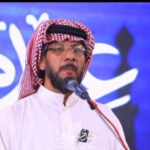

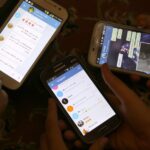
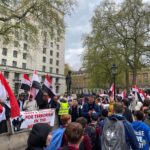
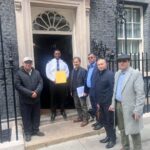



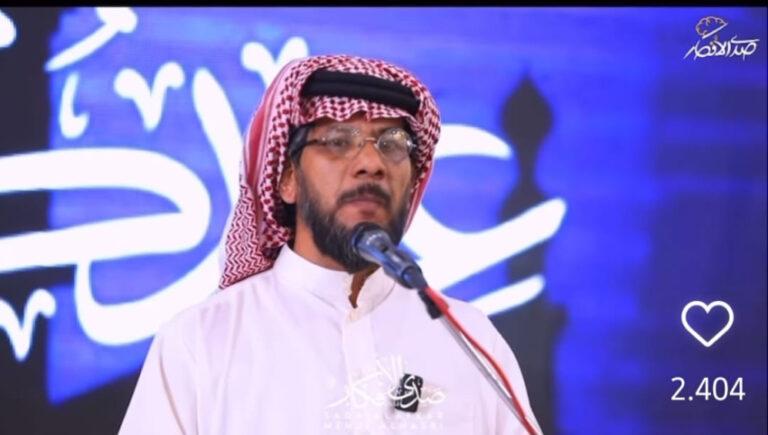

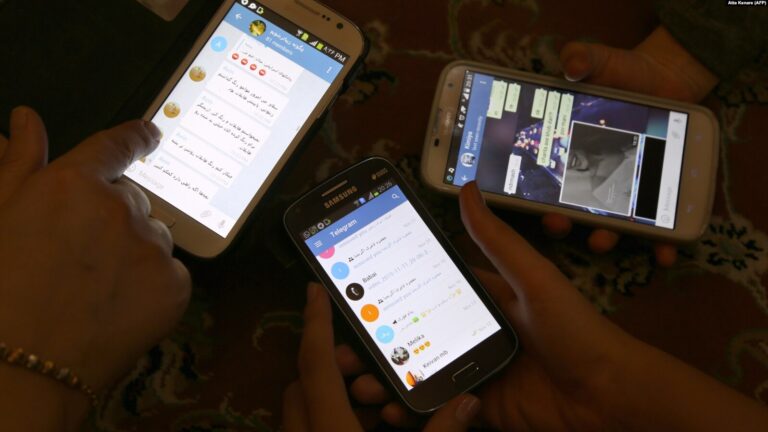
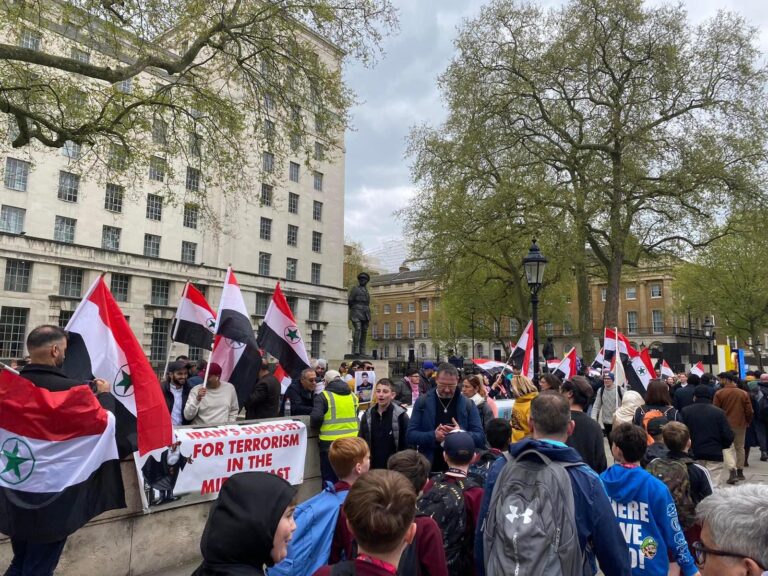
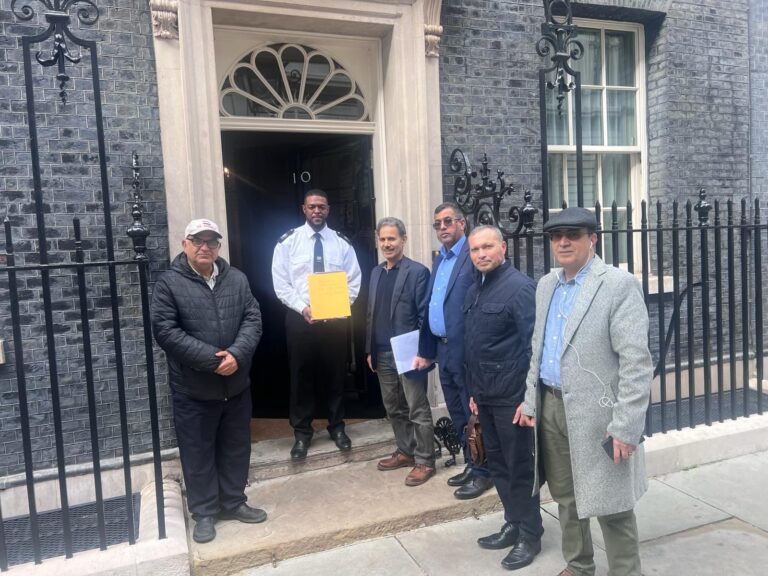
+ There are no comments
Add yours